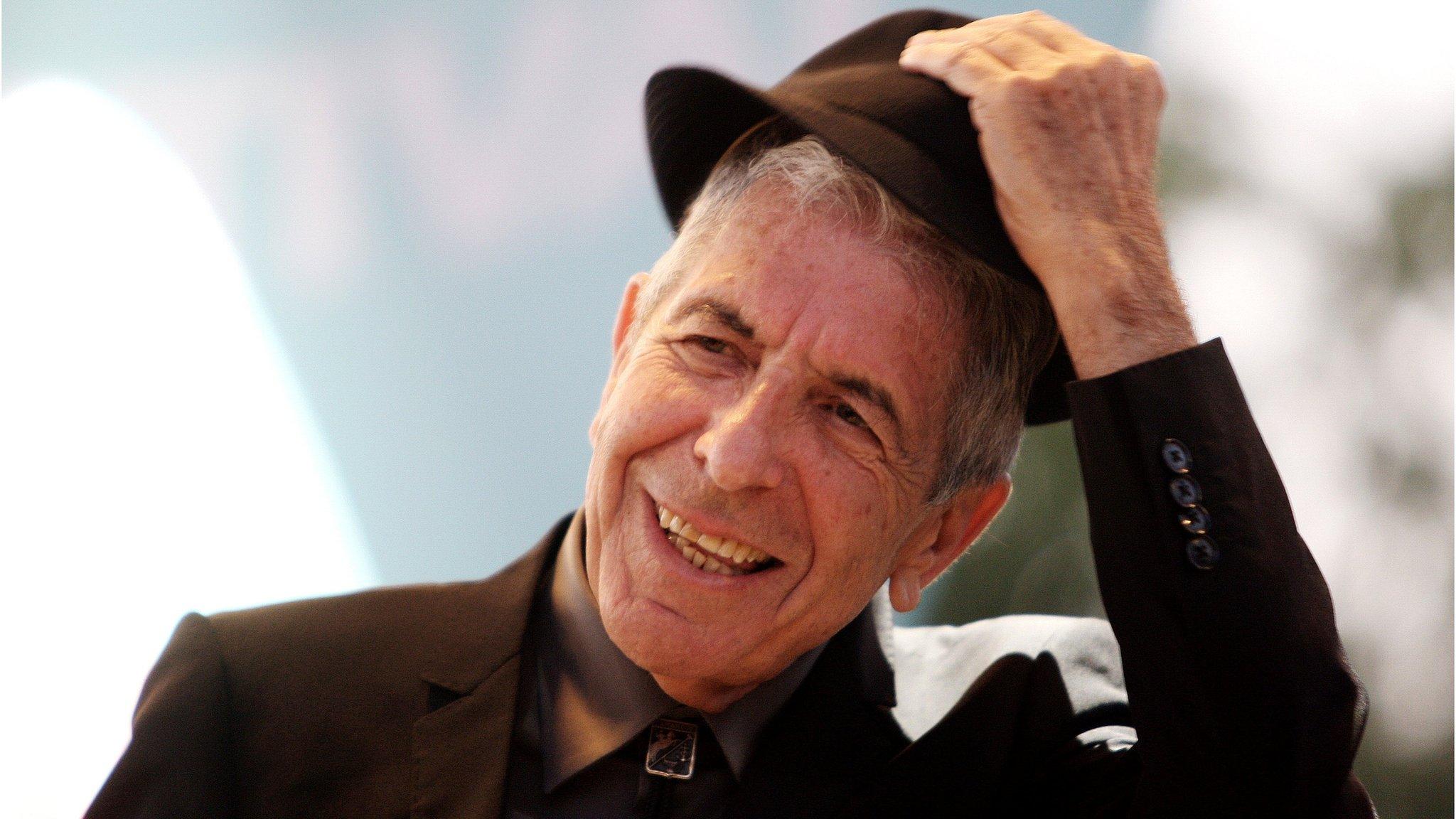Leonard Cohen: Overview and Impact as a Music Artist
Leonard Cohen (1934–2016) was a Canadian singer-songwriter, poet, and novelist whose profound artistry spanned five decades. Renowned for his deeply introspective lyrics, distinctive baritone voice, and minimalist arrangements, Cohen became one of the most influential figures in contemporary music and literature. His songs often delved into themes of love, spirituality, politics, and existentialism, offering listeners an unmatched blend of intellectual depth and emotional resonance. With enduring classics like “Hallelujah,” “Suzanne,” and “Bird on the Wire,” Cohen left an indelible mark on music, poetry, and culture.
Key Phases in Leonard Cohen’s Career
- Early Literary Career (1950s-1960s): Before venturing into music, Cohen was a celebrated poet and novelist, publishing works like Let Us Compare Mythologies (1956) and Beautiful Losers (1966). His literary style, characterized by vivid imagery and existential exploration, set the foundation for his songwriting.
- Transition to Music (1967-1974): Cohen’s debut album, Songs of Leonard Cohen (1967), introduced him as a masterful songwriter with tracks like “Suzanne” and “So Long, Marianne.” The album was critically acclaimed for its poetic lyrics and spare arrangements. Subsequent albums, including Songs from a Room (1969) and Songs of Love and Hate (1971), cemented his reputation for creating haunting, introspective music.
- Evolution and Experimentation (1977-1988): Cohen’s 1977 album Death of a Ladies’ Man, produced by Phil Spector, marked a departure from his folk roots, embracing lush, orchestrated arrangements. In the 1980s, Various Positions (1984) featured the now-iconic “Hallelujah,” while I’m Your Man (1988) saw Cohen adopt a synthesizer-driven sound, broadening his appeal.
- Cultural Renaissance (1990s-2000s): After a retreat to a Zen monastery in the 1990s, Cohen returned with The Future (1992), which explored political and social themes. His 2008-2013 world tours earned widespread acclaim for their intimate and mesmerizing performances, reintroducing his music to new generations.
- Final Chapter (2016): Cohen’s final album, You Want It Darker, released shortly before his death, was a profound meditation on mortality and spirituality. Its haunting title track garnered critical acclaim and won a Grammy Award, exemplifying his ability to confront life’s deepest questions with grace and artistry.
Hallelujah & Songs from His Albums Playlist:
Musical Style and Themes
Leonard Cohen’s music is defined by its poetic lyricism, sparse arrangements, and contemplative tone. His distinctive baritone voice and understated melodies allowed his lyrics to take center stage, blending folk, pop, and later, electronic influences. Themes of love, faith, despair, and redemption run throughout his work, often infused with a dry wit and philosophical insight.
Legacy and Influence
- Master of Poetic Songwriting: Cohen’s lyrical brilliance elevated songwriting to an art form, influencing artists like Bob Dylan, Nick Cave, and Joni Mitchell. His ability to weave intricate narratives with emotional depth remains a benchmark for lyricists.
- Cultural and Spiritual Icon: Songs like “Hallelujah” have transcended music, becoming cultural anthems covered by hundreds of artists across genres. His exploration of spirituality and existential themes resonated with audiences seeking meaning and connection.
- Influence Across Media: Cohen’s impact extended beyond music to literature, film, and visual arts. His works are often studied in academic settings and have inspired countless interpretations and adaptations.
- Recognition and Awards: Cohen received numerous accolades, including induction into the Rock and Roll Hall of Fame (2008) and the Canadian Songwriters Hall of Fame (2006). He was awarded the Glenn Gould Prize in 2011 for his contributions to music and culture.
- Timeless Appeal: Cohen’s music and poetry remain deeply relevant, addressing universal human experiences. His ability to evolve creatively while maintaining his artistic integrity ensures his influence endures across generations.
Conclusion
Leonard Cohen’s legacy as a poet, songwriter, and cultural icon is unparalleled. His unique ability to combine intellectual rigor with emotional depth has inspired artists and audiences worldwide. Through his timeless songs and profound insights, Cohen continues to resonate as a beacon of artistry, authenticity, and humanity.
Offical YouTube Channel:
https://www.youtube.com/@LeonardCohen/featured
References:
- Simmons, S. (2012). I’m Your Man: The Life of Leonard Cohen. HarperCollins.
- “Leonard Cohen: Biography.” AllMusic, Thom Jurek.
- “Leonard Cohen’s Hallelujah: A Modern Classic.” Rolling Stone, 2016.
- “Leonard Cohen: A Legacy of Poetry and Song.” The Guardian, 2016.
- Rock and Roll Hall of Fame. (2008). Leonard Cohen Induction.


Leave a Reply